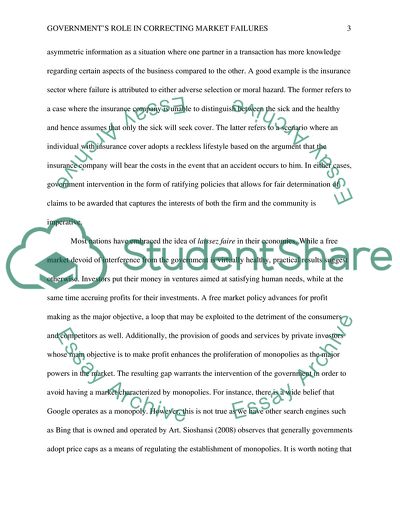Not Found (#404) - StudentShare. https://studentshare.org/macro-microeconomics/1878370-governments-role-in-correcting-market-failures
Not Found (#404) - StudentShare. https://studentshare.org/macro-microeconomics/1878370-governments-role-in-correcting-market-failures.


